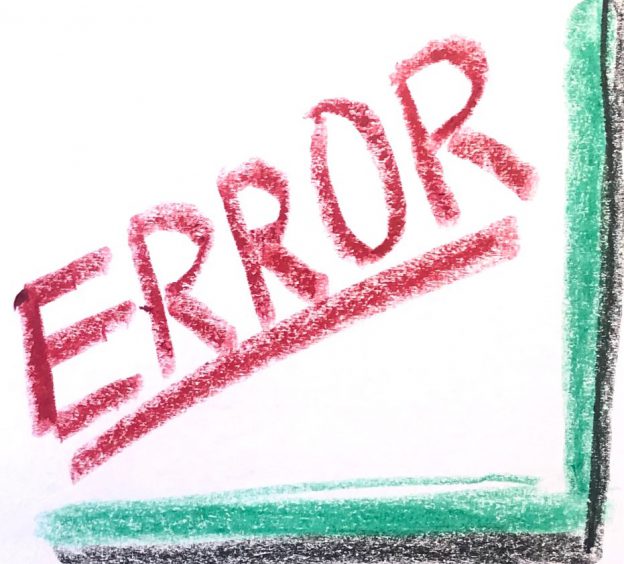
… in seminar and training settings
Misconception 1: Feedback is always a gift!
I have been exposed to and observed too many bad feedbacks. Those that are devastating and only remind of defeats like an F in Latin in school or feedback that only praises in a general way: „Your performance convinced me.“ That’s not a gift and doesn’t help anyone. The right approach to giving feedback is: How can I phrase my feedback in a way that my counterpart can take it as a helpful gift?
Misconception 2: Feedback must always be balanced
Positive and negative, strengths and weaknesses. I like strengths-only feedback. It has a bad reputation, unjustly, for being only for „pushovers“. With strengths-only feedback, it’s clear from the start: nothing but strengths will be addressed in this round, as precisely as possible. For example, „You use pauses in speech very effectively for brief reflection so that a thought can settle.“ Or, „Your rhetorical questions create structure and arouse curiosity.“ Specific examples or quotes reinforce the impact of such positive feedback.
The special thing about strengths-only feedbacks: It is easier to enhance strengths and utilise them consciously rather than to improve weaknesses. It is a matter of experience that a purely negative feedback also does not boost the supposed „tough customer“ who demands it („Push me hard!“).
Interested in a full day on feedback?
There is a seminar day on this in the Refak rogramme 2024
May 7, 2024: Feedbacks. Tools, strategies and tips for the speaker´s daily work
Misconception 3: Continuous eye contact
In Europe, I was used to intense eye contact in feedback conversations, but I was surprised and unsettled when I was only able to make very sparse eye contact with feedback participants in Vietnam. The reason: the participants were eagerly writing down their feedback. The consequence: set pauses and wait until their gaze lifts from the transcripts. Basically, taking notes on feedback supports learning. I have even observed that feedback recipients withdrew after the peer feedback and worked out the individual quintessence for themselves from the transcripts.
Misconception 4: Use every opportunity for feedback!
Sometimes feedback rounds can be too much! Participants should also have the opportunity to explore something without judgement and commentary from others. In addition: Helpful feedback takes time and time is a valuable commodity in the seminar. Therefore, it is better to have fewer feedback rounds, which are more thorough.
Misconception 5: Feedback should be as comprehensive as possible.
Feedback that wants to take into account as many aspects as possible, or even all aspects, is too much for both giving and receiving feedback. Let’s take a practice presentation with PowerPoint as an example: We cannot simultaneously observe language, body language, slide design, pace, activation, structure, eye contact… . It is better to focus on a few single aspects.
Author: Ulli Lipp
Translation: Astrid Donaubauer

Dieses Werk ist lizenziert unter einer Creative Commons Namensnennung-NichtKommerziell-Weitergabe unter gleichen Bedingungen unter gleichen Bedingungen 3.0 Österreich Lizenz.
Volltext der Lizenz

